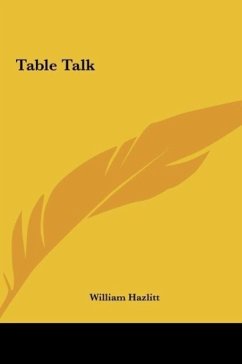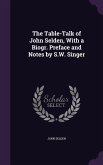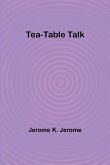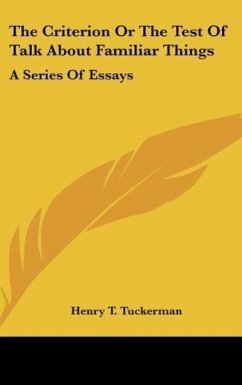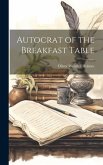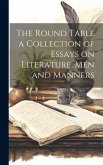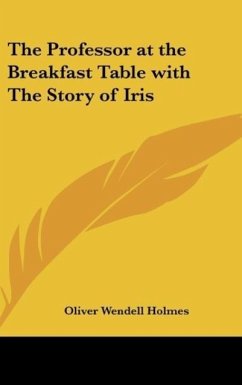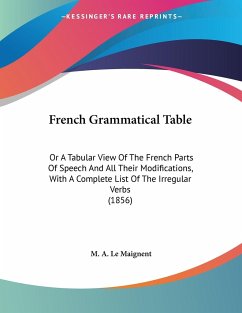We hear it maintained by people of more gravity than understanding, that genius and taste are strictly reducible to rules, and that there is a rule for everything. So far is it from being true that the finest breath of fancy is a definable thing, that the plainest common sense is only what Mr. Locke would have called a mixed mode, subject to a particular sort of acquired and undefinable tact.

